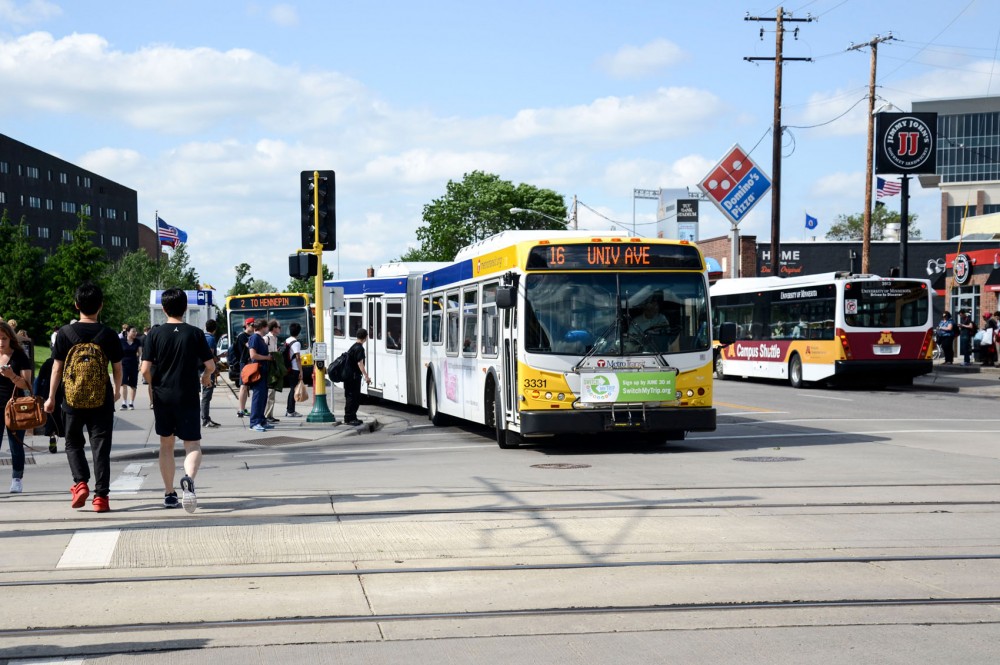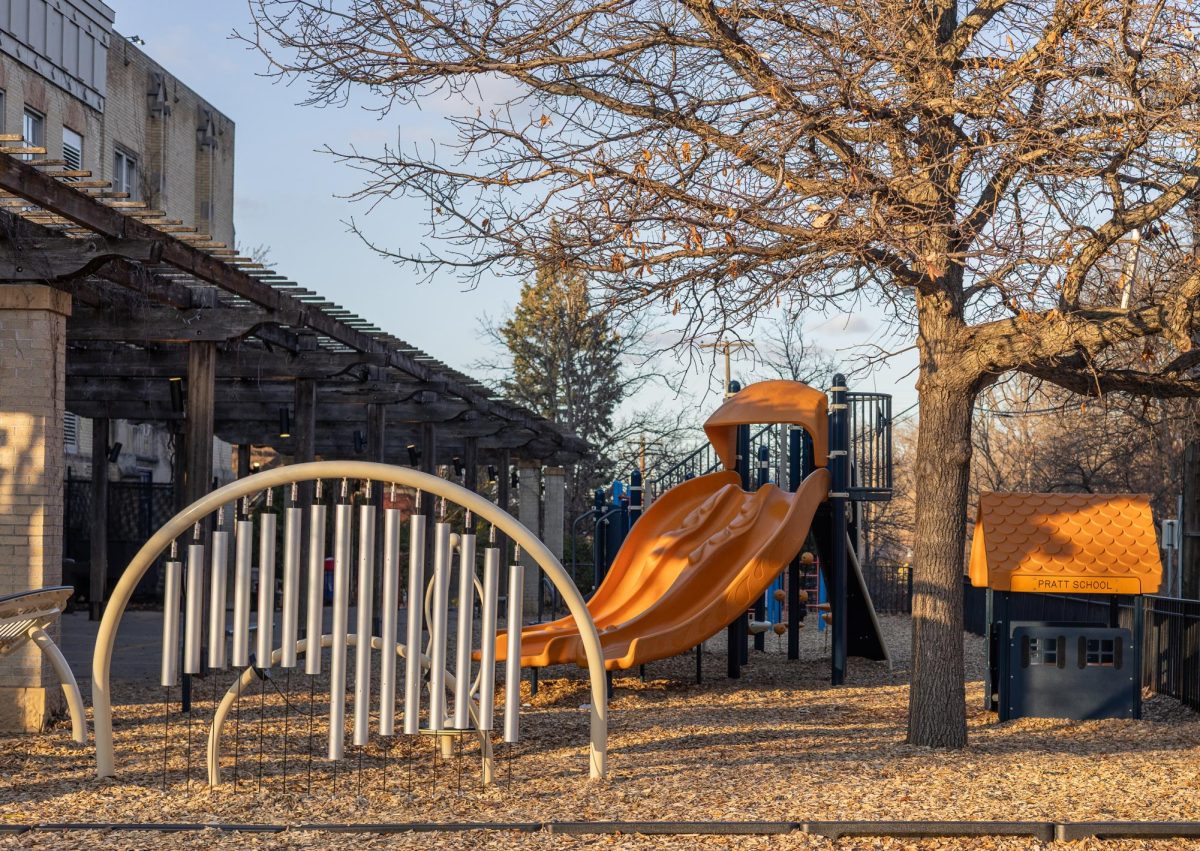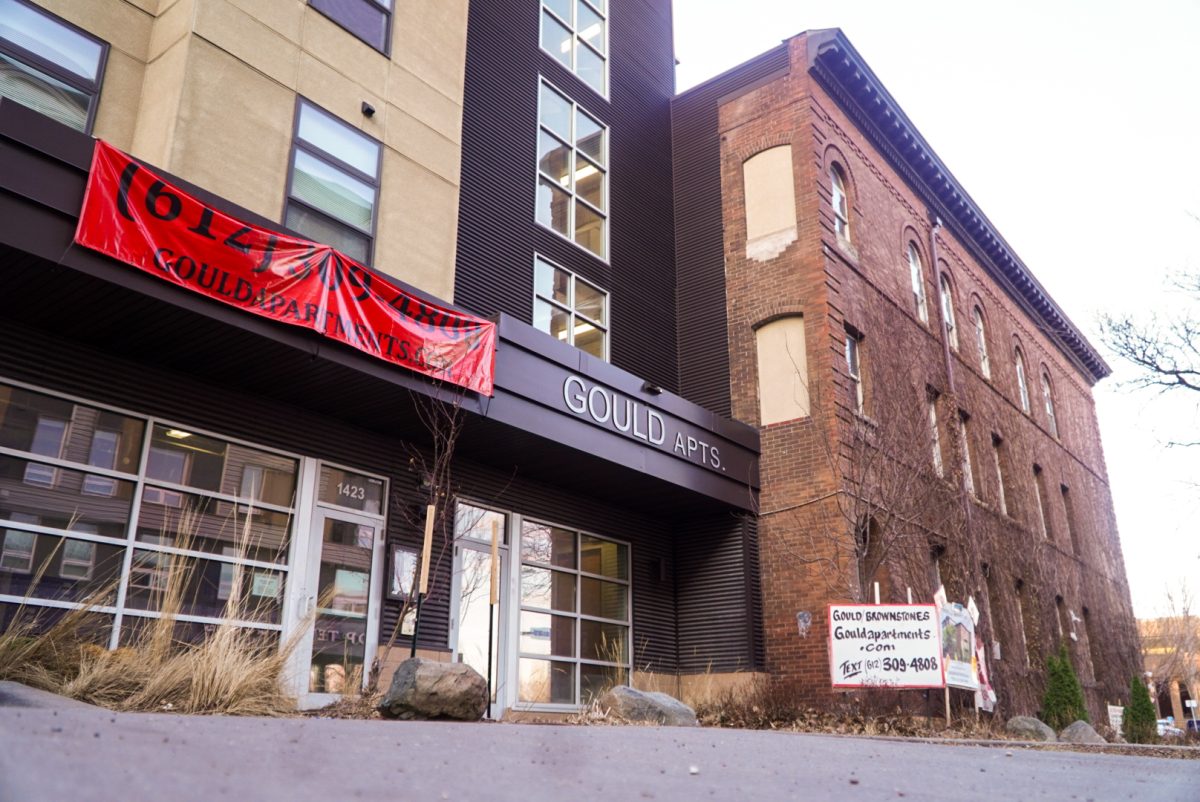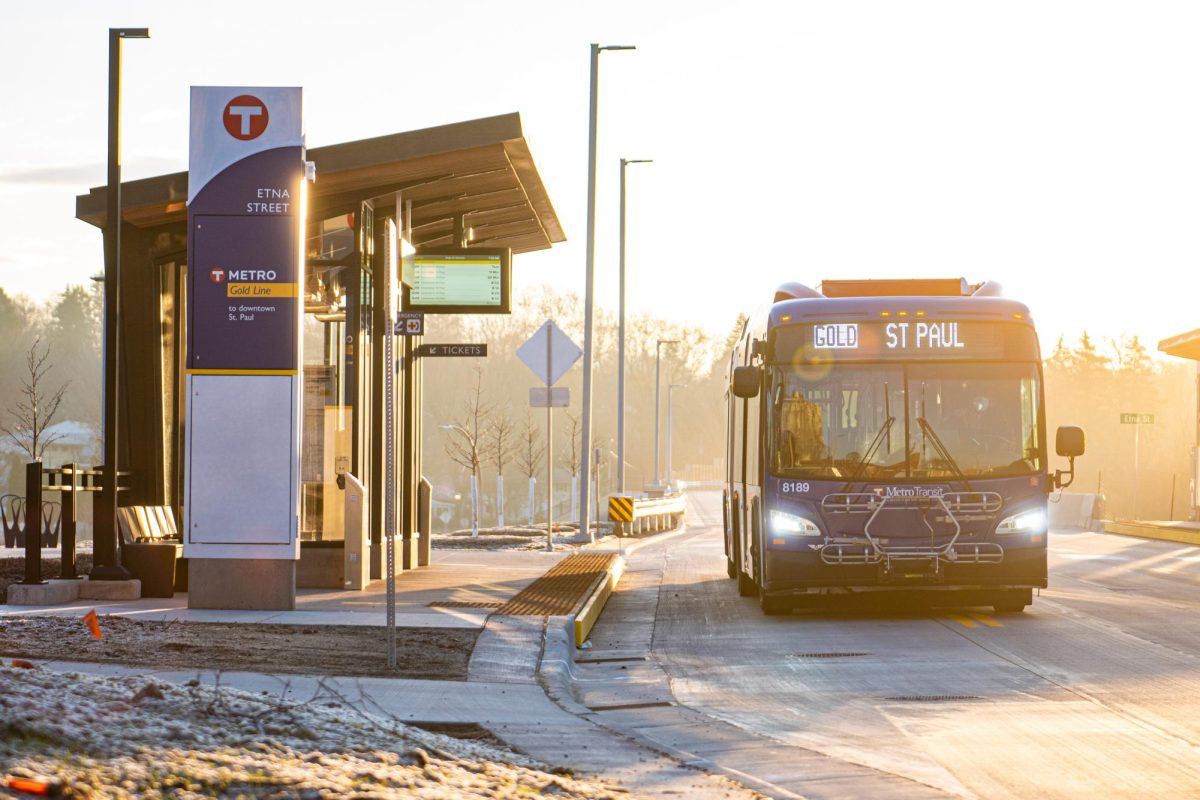Beginning this fall, Twin Cities’ transit fares will rise after a plan for the increase was approved Wednesday.
The Metropolitan Council voted to up area bus and light rail prices starting this fall. As a result, the University of Minnesota’s U-Pass program will also increase from $100 to $114 when the passes go on sale Aug. 1.
All other major fare adjustments, like a $0.25 bump for regular transit rides and a rise from $76 to $83 for the monthly Metropass, will go into effect Oct. 1.
Public transit is a good value even after the fare hikes, especially for students with a U-Pass, said District 8 Metropolitan Council Member Cara Letofsky. Letosfsky represents the University area and serves on the council’s transportation committee.
The Met Council hasn’t raised fares since October 2008, but voted for the increase Wednesday because members expect inflation and other factors will cause a nearly $110 million deficit by 2020.
“A little fare increase isn’t going to solve that, but it does keep us on track [to avoid a deficit,]” Letofsky said.
A more immediate $67.5 million deficit was avoided when state lawmakers comprised in May to fund the Met Council with a one time $70 million allocation for two years.
But the Council is set to face funding difficulties further down the road.
Frank Douma, director of the Humphrey School’s State and Local Policy Program, said since not everyone can drive or afford a car, public transit is needed to give some mobility for everyone in society.
Yingling Fan, associate professor with the University’s Urban and Regional Planning Area program, said in an email the Met Council’s fare increase won’t help the regional transit system in the long run because price hikes can hurt ridership and affect those with low-income who need it the most.
The more effective way to increase transit revenue is by increasing the ridership base, she said in the email.
The Met Council estimates the number of rides will drop by 3.8 million, about 4.7 percent of all rides, in the first year due to the fare increase. Ridership levels are expected to return to previous levels after 18 to 24 months.
Even though the price will rise, some students said the U-Pass itself is still worthwhile.
Cameron Thieme, a third-year mathematics University graduate student, said with his frequency of usage — twice a day, five days a week — the cost quickly breaks even.
Fatuma Mohamed, a University English senior, said although the prices for the U-Pass are already high, the deal is worth it and a $14 increase is not major, especially compared to other start of school costs.
Mohamed said without a pass program, she “probably would have chosen a different school,” since she knew she would commute.








